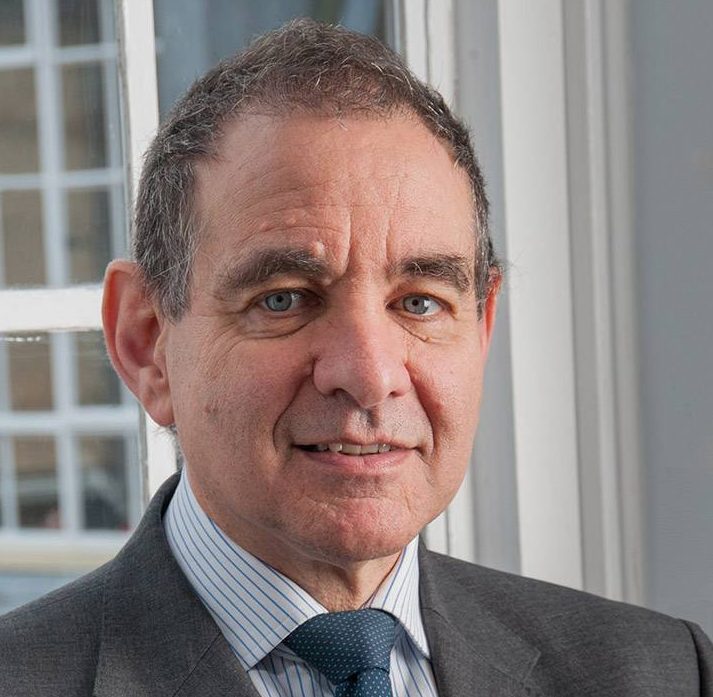Julius Weinberg stepped down as Kingston University (KU) vice-chancellor yesterday, admitting there were “differing” views on the future of the university between him and the board of governors.
Weinberg – who announced his decision on the first day of teaching of the academic year – told staff that he will be resigning from his position after almost six years, due to different opinions regarding the strategic approach to addressing some of the challenges the institution faces.
“It has become evident to me that the board of governors and I hold differing views,” he wrote in an email to staff members.
“The time has come for me to step down from my post to pursue new challenges.”
He added that it was not a decision he had reached lightly, but insisted he had always held the view that a period of six or seven years was a suitable length of tenure as vice-chancellor (VC).
The resignation comes after several years of major change at KU instigated by the VC, including going from eight to four modules a year and a reorganised IT system.
An interim acting vice-chancellor is expected to be named by early next week. The appointment is expected to come from inside the university, with names rumoured to be in the frame including deputy vice-chancellors Martin McQuillan, David Mackintosh and Lesley-Jane Eales-Reynolds.
Then a search for a permanent vice-chancellor will begin, with a replacement expected to be in place by September 2017.
Professor Weinberg said: “I am heartened by the significant progress we have already made and have every confidence that the university will build upon the considerable change that has taken place.”
Professor Weinberg said he would retain close affiliations with the university, taking on the role of president until he formally leaves in December 2017.
As vice-chancellor he earned more than £197,000 a year after receiving a 3.7% pay rise in 2012/13, according to an article published by the University and College Union in 2014. It is unclear whether he will retain that salary while he works as president.
The move comes after a disappointing set of results in the latest league tables. In the National Student Survey, the overall student satisfaction at Kingston dropped from 125th rank to 145th.
Kingston also dropped to 122nd in the Sunday Times Good University Guide University league table 2017, which was published on Sunday.
Weinberg qualified as a medic from the University of Oxford and, before working at Kingston University, was vice-chancellor at City University London.

